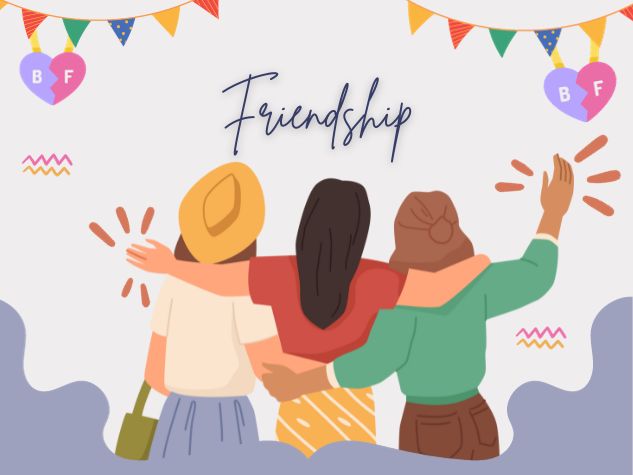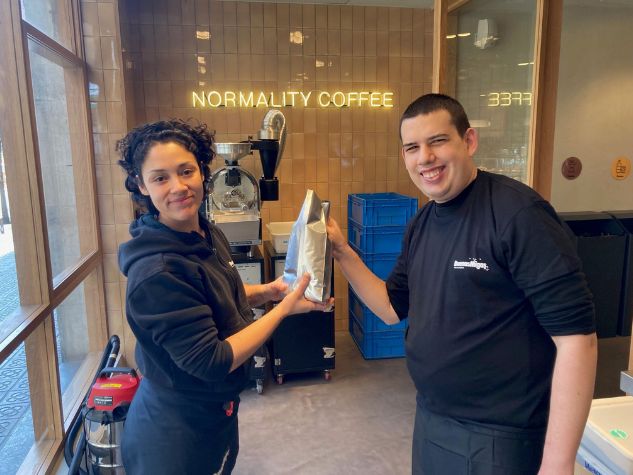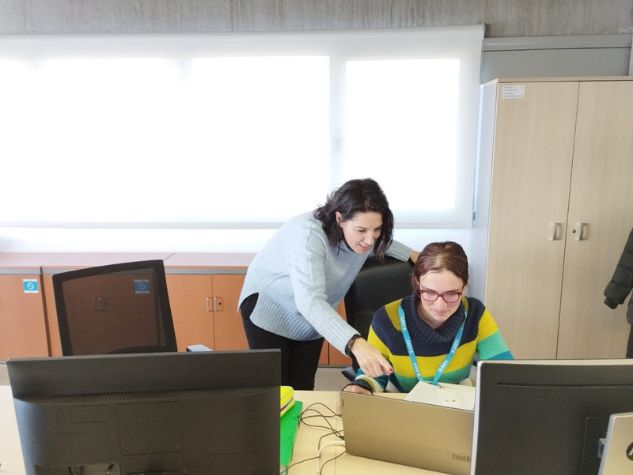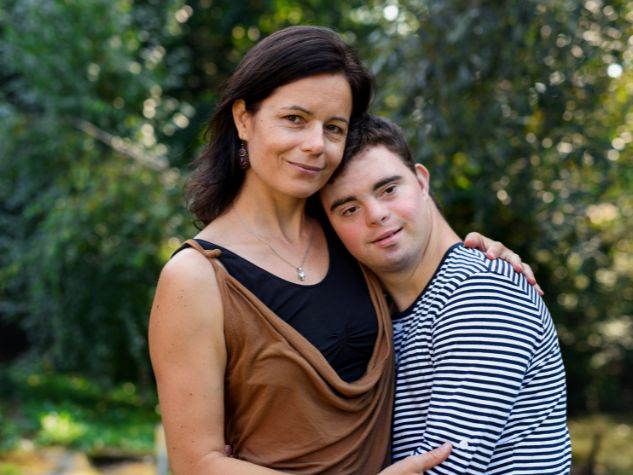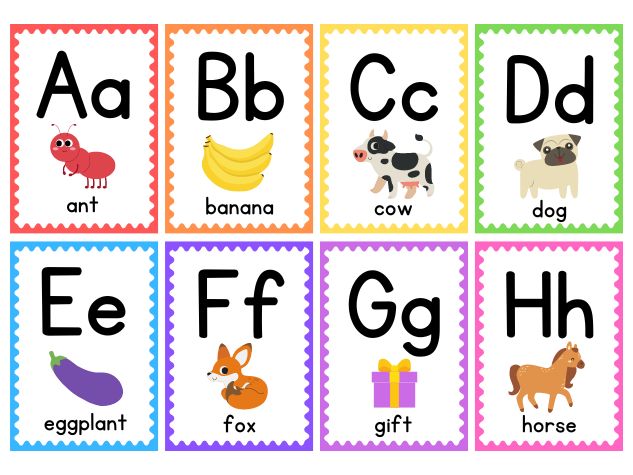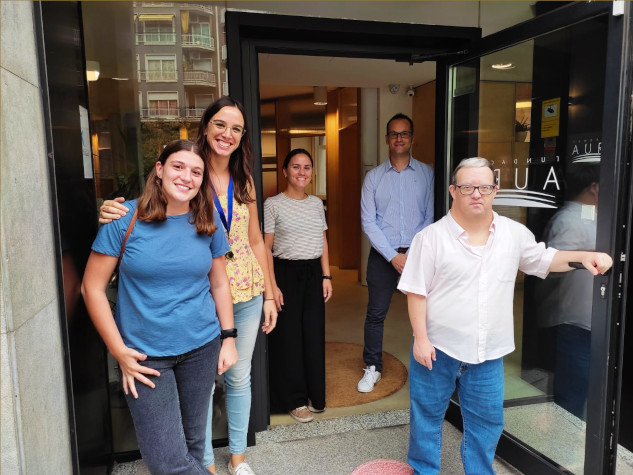Friendship is an invaluable gift that enriches the lives of all individuals, regardless of their abilities or specific characteristics. In the case of individuals with Down syndrome, friendship is not only an essential component of their emotional well-being but also plays a fundamental role in their holistic development. Through connection with others, these individuals experience a range of benefits that significantly contribute to their quality of life.
Building Social and Emotional Skills
Friendship provides fertile ground for the development of social and emotional skills. For individuals with Down syndrome, who often face challenges in the social realm, cultivating friendships offers crucial opportunities to practice and perfect these skills. Regular interaction with friends allows them to better understand the nuances of social relationships, such as conflict resolution, empathy, and effective communication.
The dynamics of friendship also offer a safe space to express and explore emotions. Having friends means having an emotional support system that can help them navigate challenges and celebrate triumphs. The mutual acceptance and understanding found in genuine friendships provide a solid emotional foundation for personal development.
Fostering Social Inclusion
Social inclusion is a crucial component of a fulfilling and meaningful life. Individuals with Down syndrome often encounter stigmatization and exclusion, but friendship acts as a bridge to inclusion. By having friends, barriers that may arise due to a lack of understanding or stigmas associated with Down syndrome are broken down.
Friendship fosters an environment where diversity is celebrated and appreciated. Through friendly relationships, prejudices are challenged, and a sense of community is built that goes beyond individual differences. This benefits not only individuals with Down syndrome but also educates society at large about the importance of inclusion and acceptance.
Reciprocal Support and Lasting Support Networks
Friendship offers reciprocal support that is vital for the emotional and psychological well-being of individuals with Down syndrome. Having friends builds a support network that is available in times of need. This network can play a vital role in addressing challenges, such as overcoming educational obstacles or transitioning to adult and independent life.
Moreover, friendship can contribute to the building of meaningful and lasting relationships. Throughout life, these connections can evolve and adapt, providing a constant emotional anchor. Lasting friendships not only offer moments of joy and laughter but also act as beacons of support in life’s storms.
Countering Loneliness and Promoting Happiness
Loneliness is a reality that affects many people, regardless of their abilities or disabilities. However, individuals with Down syndrome may face additional barriers to connecting with others. Friendship then becomes an invaluable antidote to loneliness.
Having friends means having companions with whom to share experiences, interests, and everyday moments. Friendship offers a refuge against the feeling of isolation, contributing to happiness and overall well-being. By cultivating friendships, a social circle is built that enriches the lives of individuals with Down syndrome and counters the negative effects of loneliness.
Promoting Autonomy and Self-Esteem
Friendships play a crucial role in promoting autonomy and self-esteem. Connection with friends provides opportunities to make independent decisions, participate in social activities, and develop a sense of identity. Self-esteem flourishes when individuals with Down syndrome experience the support and acceptance of their friends, allowing them to build a positive self-image.
Autonomy is promoted as individuals with Down syndrome actively engage in planning and organizing activities shared with friends. These experiences contribute to the development of practical skills and informed decision-making, strengthening self-confidence and their ability to face everyday challenges.
Conclusions
In conclusion, friendship plays a fundamental role in the holistic development of individuals with Down syndrome. From building social and emotional skills to fostering social inclusion, reciprocal support, and autonomy, friendship offers a range of benefits that significantly contribute to the quality of life for these individuals.
By celebrating and promoting friendship, we are not only enriching the lives of individuals with Down syndrome but also contributing to the creation of more inclusive and understanding communities. Friendship, with its powerful ability to unite people beyond differences, is a force that can transform lives and build a more connected and loving world for all.
